As the Royal Air Force approaches ten years of supporting the coalition in the Middle East, the RAF’s Reaper Remotely Piloted Air System (RPAS) continues to play a critical role.
The MQ-9 Reaper is currently flown by crews from XIII Squadron and consists of a pilot, sensor operator and mission intelligence coordinator who are based in the UK, with the aircraft flying daily in the Middle East.
The primary function of the aircraft is Intelligence, Surveillance and Reconnaissance; but, if called upon it can also strike targets with a variety of munitions depending on what is suitable, the crews carry out all of these roles as required.
Sergeant Emma, Sensor Operator, was quoted as saying:
“I operate the aircraft sensors to gather information and inform the wider intelligence picture. As the Reaper can fly for nearly 20 hours per mission, the biggest challenge I have found is variation in its task; we could be searching for insurgents in caves one minute then quickly reassigned to follow moving targets in urban areas, knowing at any point you could be asked to support kinetic activity.”
Before any flight is conducted, there is a great deal of planning, say the Royal Air Force. This includes both the Legal Advisor (LEGAD) and the Policy Adviser (POLAD) reviewing the proposed mission to ensure it is accordance with both law and UK Government policy.
“My role is to ensure that the proposed mission meets the requirements of both international and UK domestic law. Commanders and operators are responsible for their own actions, but I provide that contemporaneous advice, ensuring actions are both legal in a wider sense but also compliant with the UK’s own directives.” – Flight Lieutenant Isabelle, 83 Expeditionary Air Group LEGAD
“My role is to make sure the proposed mission fits within the policy that the UK Government has set. This is especially important when we operate in a Coalition such as the one fighting Daesh, as each Coalition partner has a different national policy that needs to be accommodated.” – Tess, POLAD
“Conducting air operations is a team effort; 83 EAG personnel have the extremely important role of coordinating our Reaper and Typhoon operations, as well as ensuring that all the UK contributions fit into the wider Coalition air activities. As we approach 10 years of air operations on Op Shader, we have done this very successfully. We will continue to deliver this British commitment to counter Daesh operations for as long as necessary.” – Group Captain Bishop, 83 EAG Deputy Air Component Commander.


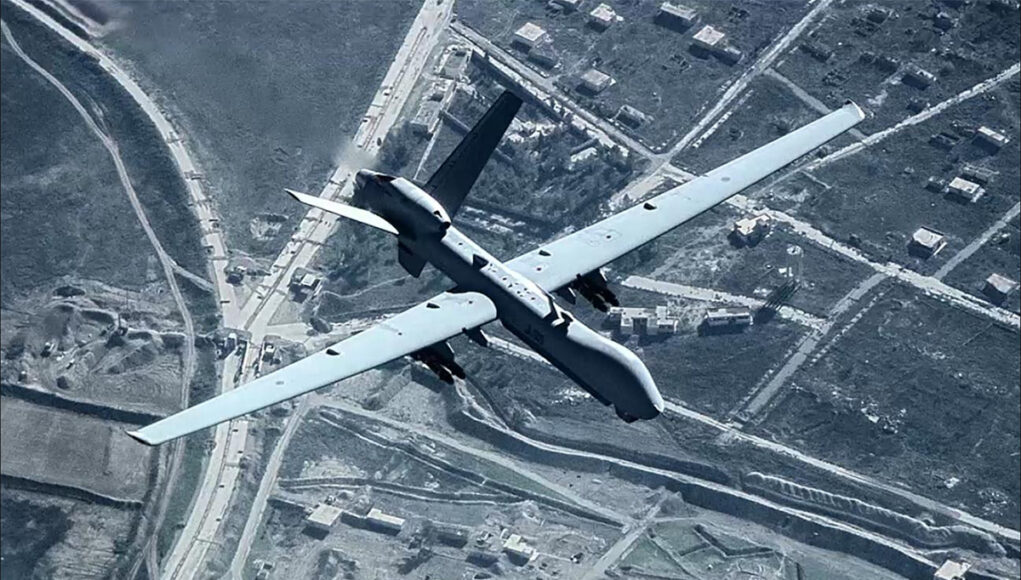



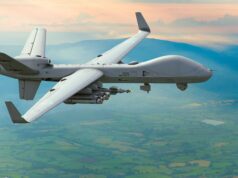
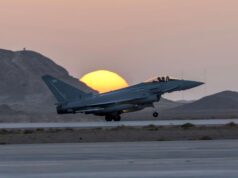
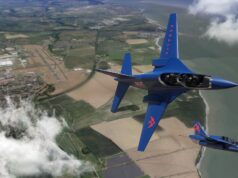
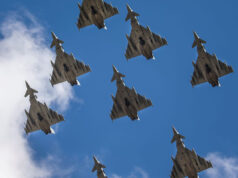
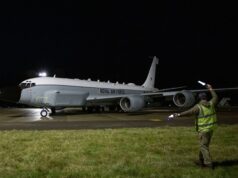
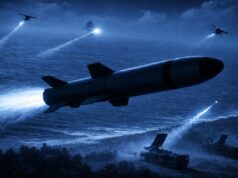
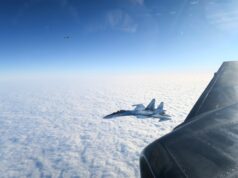
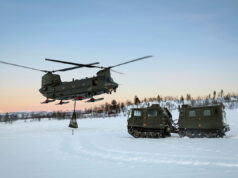



I wonder what those “wider Coalition air activities” might look like?
Makes for an interesting read.
February 12, 2024
“Many of the Air Force’s plans will need congressional buy-in, though it’s not clear how lawmakers might respond. JJ Gertler, a senior analyst with the Teal Group consultancy, told Breaking Defense ahead of the announcement that lawmakers’ interest, and potential opposition, are often shaped by major decisions for platforms and personnel.
“Congress is traditionally more interested in hardware and personnel than force design or organization. So it depends on how the Air Force sells the plan, and whether this is likely to mean a rethinking of either the types of platforms the Air Force is buying or if it will involve major personnel movements,” Gertler said.
“If the answer to either of those is ‘no,’ Congress is liable to let it go ahead after a couple of hearings,” he added. “But if the reorientation includes significant personnel movements or other changes to basing or what kind of aircraft will be stationed where, Congress will be much more interested.”
https://
breakingdefense.com/2024/02/air-force-reorganization-frank-kendall-china/?utm_medium=email&_hsmi=293871356&_hsenc=p2ANqtz-8CZie_G5Diy8TrVnQSh4jNh81s65amgXCAn12fzesv2kOmgBJFg0AbVX_A62i11Ee0gHXZomLmlyltC4hUmGp7ZAOYaA&utm_content=293871356&utm_source=hs_email
Legal and policy advice required before flying.
These wars won’t lose all by themselves.
more UKDJ informed posts welcome, 10 years, how long is shader expected to run?